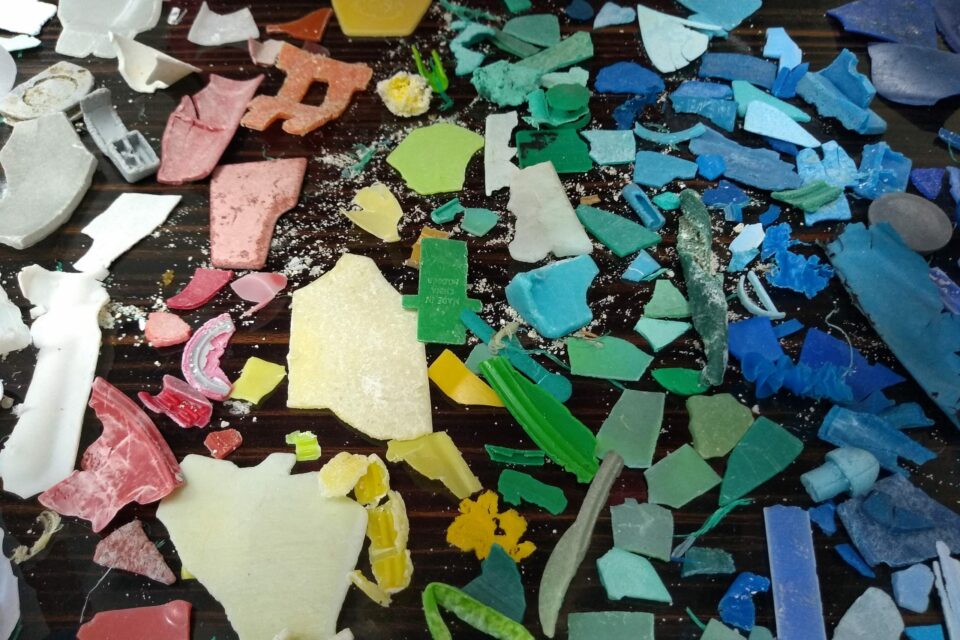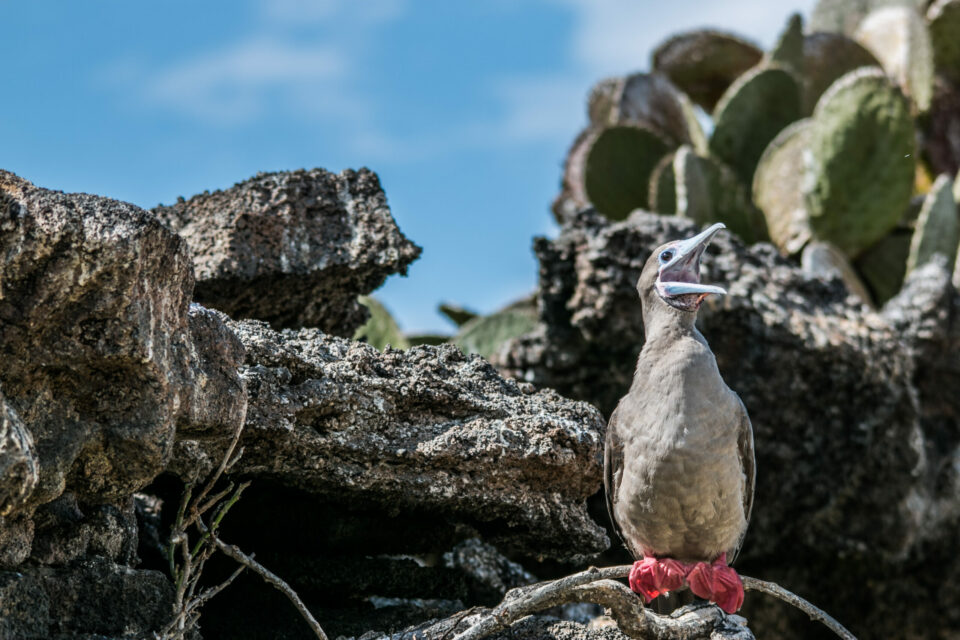

Iguana Cups – Deposit Return Scheme for Galapagos
Named after the endemic pink land iguana, the Iguana Cup project is aiming to reduce the use of single-use plastic cups in Galapagos and change consumer behaviour.
OrcaTec has been working towards the reduction of single-use plastics on the Galapagos Islands since 2014. The local consumption of disposable plastic cups is estimated to be around 1.2 million per year (3290 cups per day). The Iguana Cup project aims to reduce the use of single-use plastic cups in Galapagos by at least a third by the end of 2020, promoting a new perspective on product use and sparking change in consumers’ behaviour.
Since July 2018, reusable Iguana Cups have been used as part of a zero-waste, deposit-return scheme for coffee-to-go around the Islands. It is an essential part of the transition towards a circular economy in Galapagos, as consumers are empowered to make conscious choices in favour of the environment.
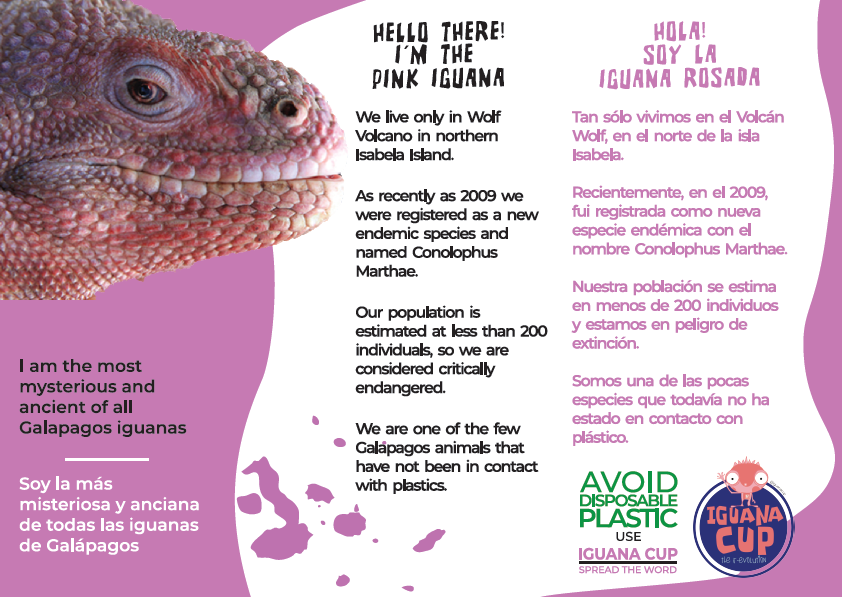
The cup is named after the endemic pink land iguana, Conolophus martae, which lives on the remote Wolf volcano on northern Isabela island. The species was only discovered in 2009 and is considered a mysterious species by scientists. It is believed that the small population of just 200 individuals has never had any contact with plastic contamination. Subsequently, the pink land iguana was chosen as a symbol for reducing plastic consumption on the Islands and a way to connect people with the nature around them.
Already 53 coffee-to-go-sellers, including restaurants, cafes and hotels on the Galapagos Islands are using the Iguana Cup frequently. The feedback is very positive, and the project is backed by the local community. In addition, seven stores on mainland Ecuador are participating. The establishment and running of the deposit-return scheme on the Islands is done in close cooperation with a partner in Germany.
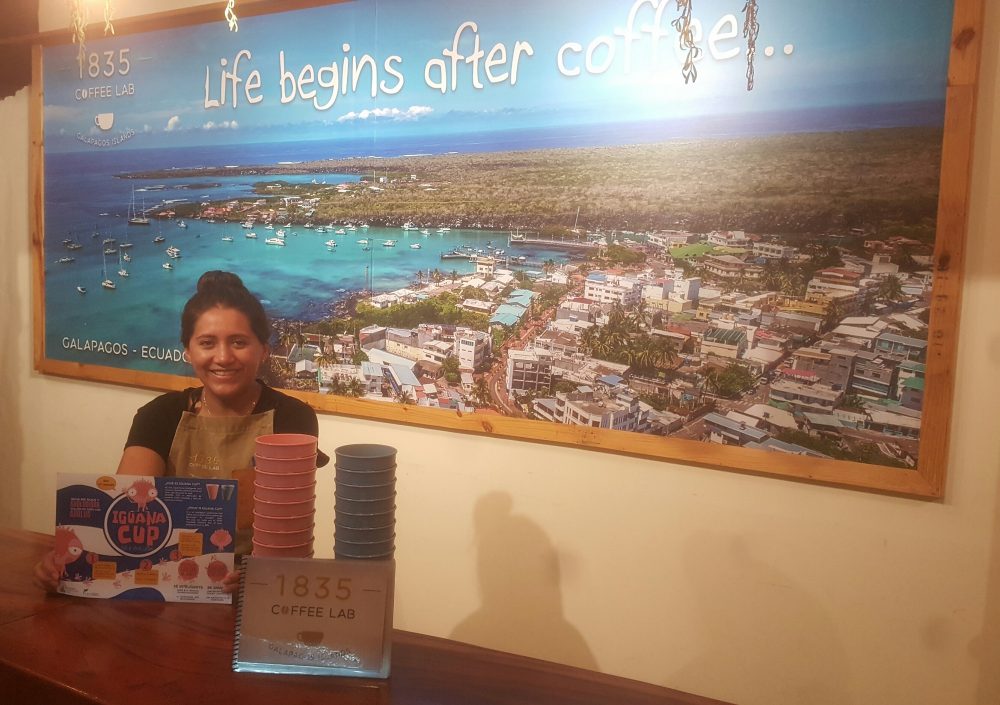
The cups are made from 100% recycled polypropylene, are dishwasher safe, fully recyclable and contain no toxic substances, such as BPA. The project has also started a collaboration with the mobile application, Refill My Bottle, as they have a complementary model to the Iguana Cup. The application is free and allows you to find your closest water station to refill your Iguana Cup or reusable bottle.
To drastically reduce disposable cups on the Islands by 2020, we need at least 5000 Iguana Cups in the deposit-return scheme system and 150 participating partners. The Iguana mascot is a first step to raising awareness of the project amongst tourists and locals but there is more to do to reach our target.
You can help the Iguana Cup project by following them on Instagram @Iguanacup or by using Iguana Cups on your visit to Galapagos. Alternatively, you can support this and other projects under our Plastic Pollution Free Galapagos programme by donating here.
Related articles

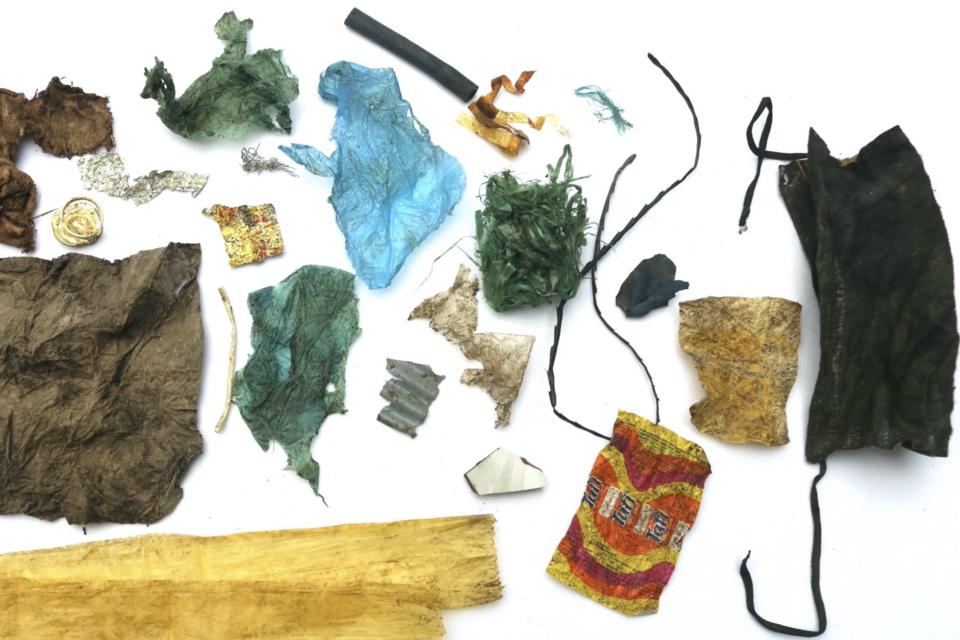
New research shows that Galapagos giant tortoises are ingesting plastic waste
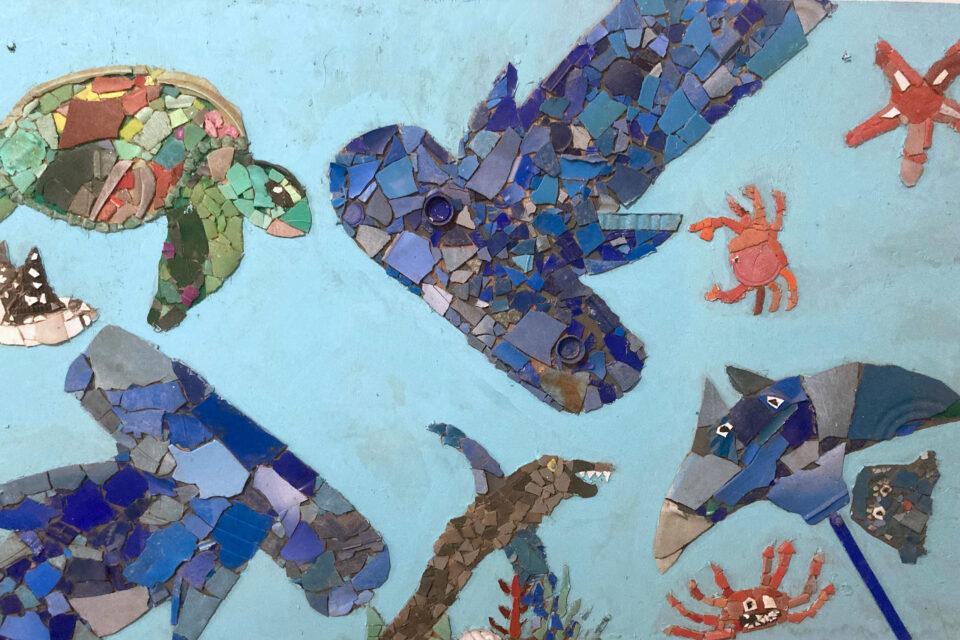
Creating a circular economy for plastics in Galapagos
